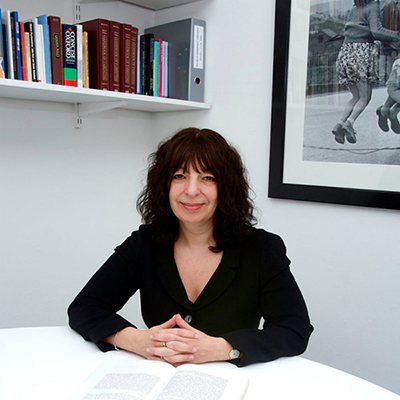
New research out from the Centre for Family Research, led by Newnham’s Professor Susan Golombok, has found no difference in the psychological wellbeing or quality of family relationships of children born by assisted reproduction (egg or sperm donation or surrogacy) and those born naturally.
The Privileges of Fellow Emerita at Newnham, who led the study reveals, however, that making children aware of their biological origins early – before they start at school – can help promote family harmony.
“Despite people’s concerns, families with children born through third-party assisted reproduction – whether that be an egg donor, sperm donor or a surrogate – are doing well right up to adulthood,” she says.
Researchers followed 65 British families with children born by assisted reproduction – 22 by surrogacy, 17 by egg donation and 26 by sperm donation – from infancy through to 20 years old. They compared their experiences with those of 52 UK families who conceived their children naturally.
“The assisted reproduction families were functioning well, but where we did see differences, these were slightly more positive for families who had disclosed,” she added.


